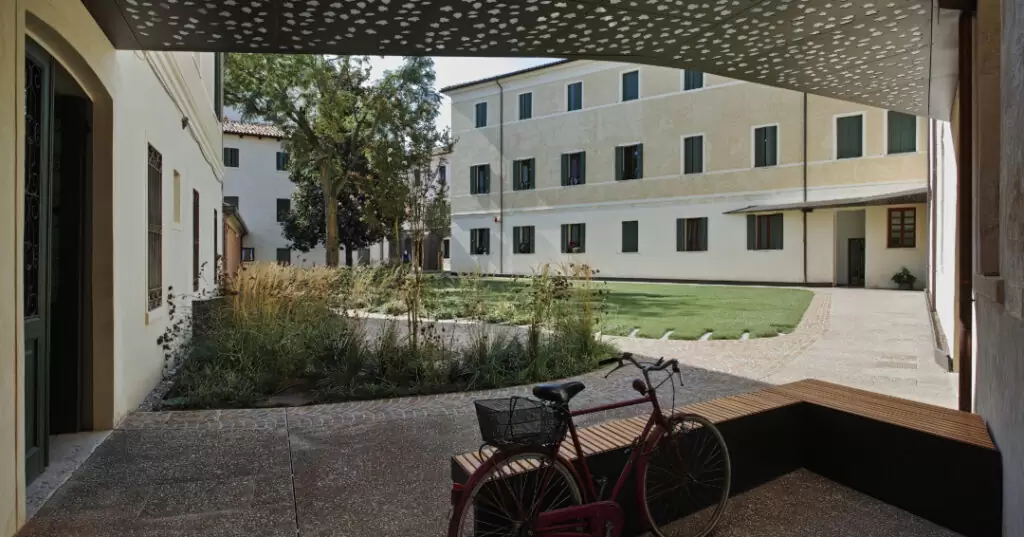Dedalus Pilots’ Chronicles | Engaging the elderly in demand response: first insights from our italian pilot

What if we can save energy and be rewarded by planting trees (also virtually)?
What if we can have a dashboard in the common areas of the building where we can see the overall energy consumption performance?
These were some of the suggestions by elderly residents at the co-creation workshop for the DEDALUS project. Held on last spring by Italian project partner ISRAA, the workshop encouraged elder residents to discuss all the things that could influence their behaviour and choices about demand-response programmes.
Nine residents, assisted by the ISRAA team, gathered in Opificio, one of the common spaces of Borgo Mazzini Smart Co-housing (BMSC). The group was mainly composed of women as they are the prevalent group living in the co-housing.
The workshop was divided into two sessions: the first focused on the analysis of the drivers and barriers residents perceive when thinking about demand response and, more in general, about energy conservation practices. The latter reflected upon the incentives that can influence people’s behaviours for DR participation, to attempt a selection of those considered more appealing.
Although the topic of energy can be perceived as difficult by elderly people, they did participate well and shared many valuable insights came up.
Among drivers for participation in DR programmes, comfort perception, a sense of belonging to a virtuous community in energy consumption, and increased awareness and education on the topic were identified as the most important to them. In contrast, the most common perceived barriers related to technology and a lack of education on the topic.
Similarly, the ranking activity on incentives highlighted an important fact: generally, elderly people like those living in ISRAA’s co-housing, with a similar social and economic background, are more receptive to incentives that involve a strong degree of community engagement; the incentive is more valuable and efficient if obtained as a group, with personal gain or recognition being less impactful than community achievements. Furthermore, environmental impact is also extremely important to them, demonstrating the strong environmental awareness of the older generations.
Now it is time to find the best incentive strategies to promote residents’ participation to Dedalus project and DR programmes!
Photo Credits: AdrianoMarangon©MADEassociati
(This news release has been written in collaboration with the DEDALUS partner ISSRA, as a co-author)






